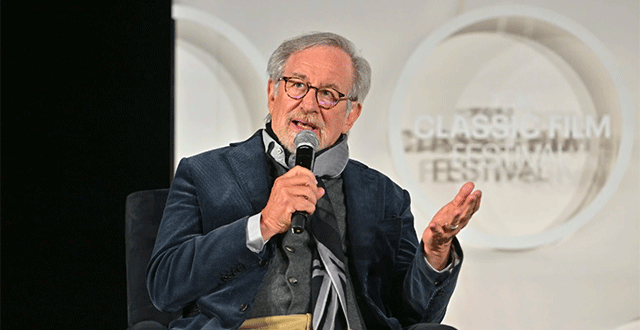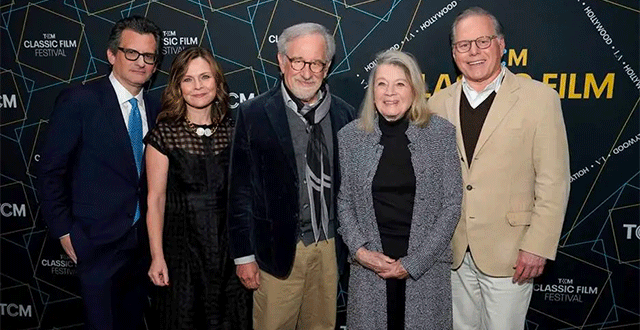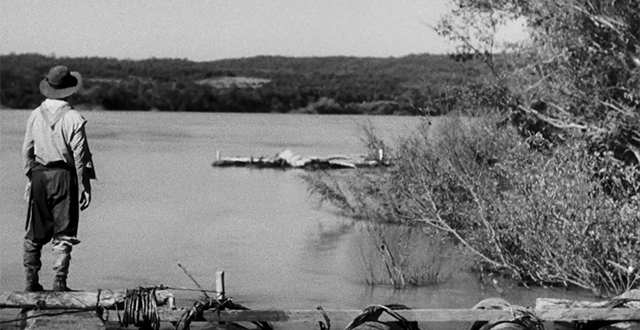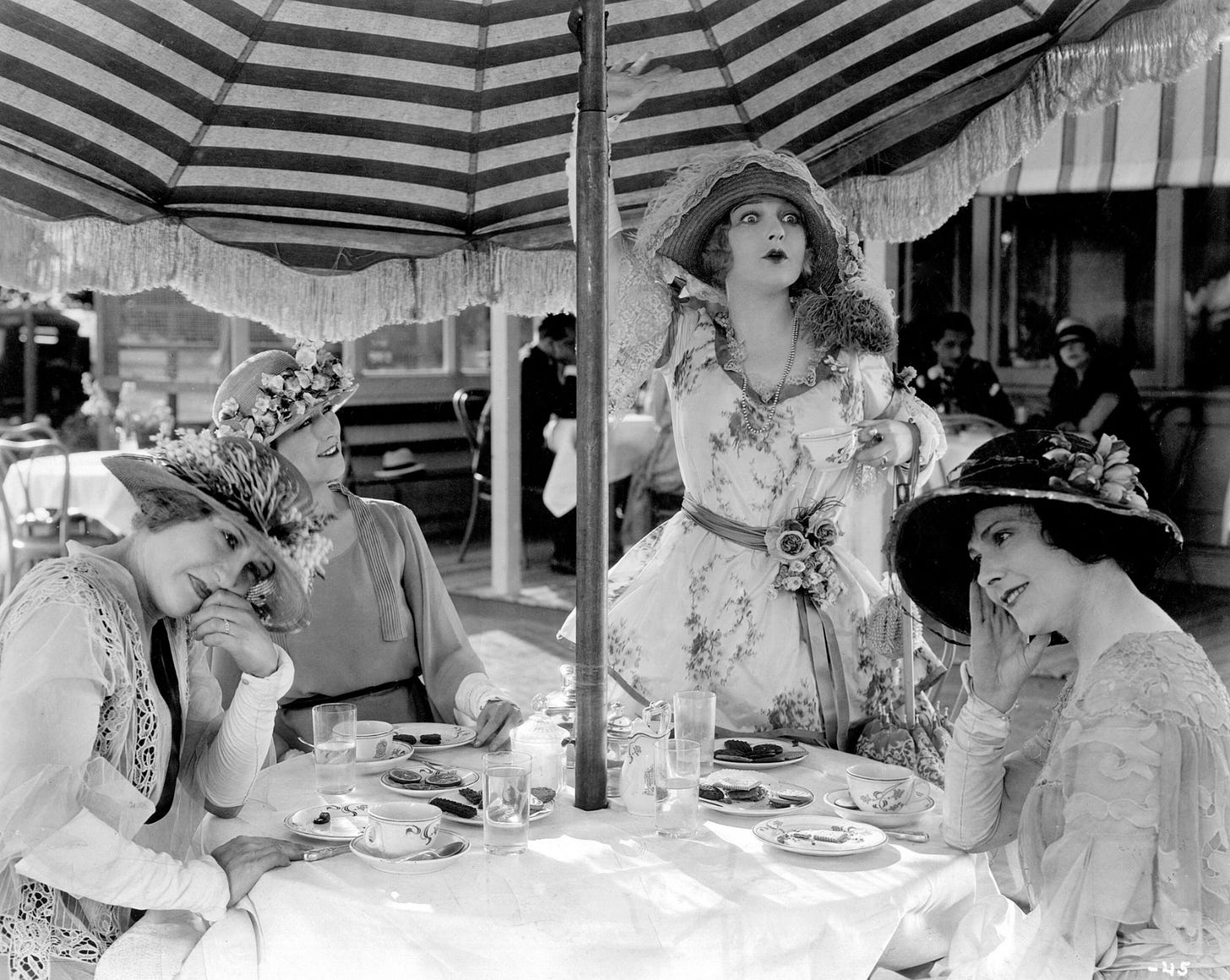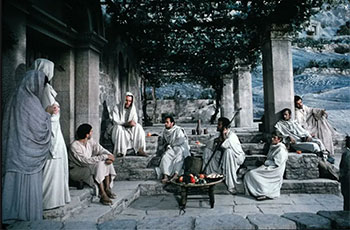During an event Thursday on the festival’s opening night at Los Angeles’ TCL Chinese Theatre, TCM host Ben Mankiewicz moderated a conversation between the three guests surrounding their efforts to restore decades-old titles. Spielberg explained that Martin Scorsese launched The Film Foundation in 1990 to preserve motion picture history and had enlisted the help of the Hollywood studios and other prominent filmmakers. The panel on Thursday focused on the work being done in a partnership between TCM, Warner Bros. Discovery and Film Foundation, and it accompanied the premiere screening of the 4K restoration of Howard Hawks’ Rio Bravo (1959).
“We all joined [Scorsese] to go around to all the studios to get them to try to finance this rescue operation to save our cultural heritage,” Spielberg said. The Fabelmans director recalled that among his fellow filmmakers who joined Scorsese back in 1990 were Stanley Kubrick, Francis Ford Coppola and Sydney Pollack.
As for how the group decides which movies to prioritize, Spielberg — who noted that their efforts have rescued more than 990 films — explained that they initially aimed to collect the body of work of a particular director. The quality of a film negative can also be a deciding factor, while a filmmaker’s own personal preference can help steer decisions as well.
“We try to find the films, not the films that are our favorite movies, but films that tell a very unique story of this country and the people of this country,” the Oscar winner continued. “And not only this country, but we’re rescuing experimental films, documentaries. We’re rescuing international films now. We’ve already rescued 97 international films. So this is something that’s not going to stop. We were all very busy making our movies in 1990, and Marty put everything aside and said, ‘No, we’re prioritizing this. This is what needs to be done.'”
According to Anderson, the importance of the work goes beyond just preserving cinematic history. “I don’t want to get philosophical, but it starts to end up being the protection of memories — very, very important memories — that we each individually have,” the Licorice Pizza helmer said. “Where was I when I saw E.T.? I remember it very well, and I remember the friends I was with. I remember who I took to see that film as much as I remember the film.”
The TCM Classic Film Festival, which this year spotlights Warner Bros.’ legacy in honor of the studio’s 100th anniversary, ends Sunday. Videos from the festival’s events can be seen here.

